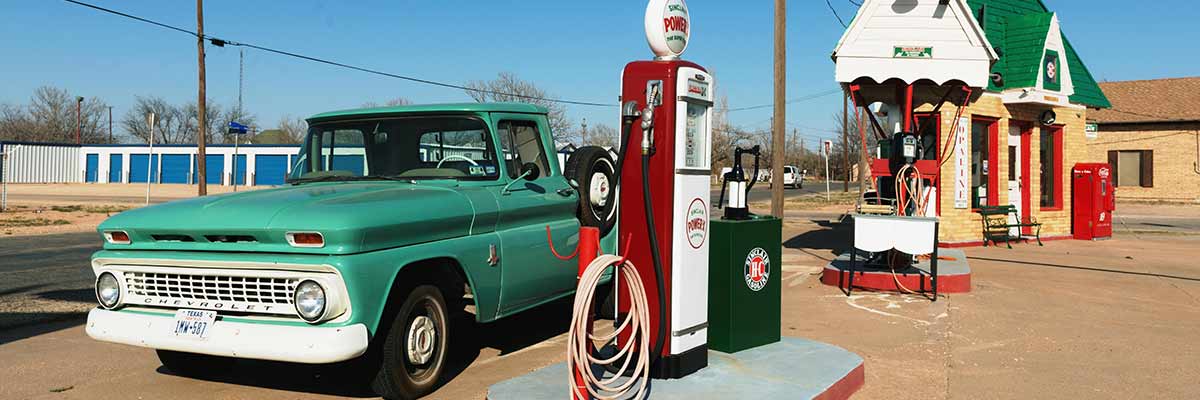We all know that familiar whine of a powerful diesel engine.
From the clank of the starter to the rumble down the highway, these amazing feats of engineering have been powering the nation for over a century. While gasoline engines have the punch to move light and small vehicles, those heavy trucks need a whole lot more power to make it up a steep grade.
Whether it’s a semi-truck, train, ship, or submarine — those huge machines need the power of diesel to get it done. Diesel is distilled from the same oil that gasoline comes from, but the process is completely different from the pump to the engine.
Diesel engines — like gasoline powered cars — use the power of internal combustion to make those pistons move. Simply put, the fuel is ignited and burned, producing movement of the pistons and pushing those wheels forward. In a typical gasoline engine, fuel and air mix together in a perfect ratio and then are ignited by the engine’s spark plug—generating the power to press that cylinder and send it to the wheels.
Diesel engines are similar in a sense, but their engineering is much simpler.
The Processes Behind a Diesel Engine
In a diesel engine, air is sent into the cylinder then a piston then compresses that air at much higher pressure than your standard gas engine. Compressing that gas generates a great deal of heat. Diesel engines can compress air up to 1000°F! After that air has been squeezed to its limit, a tiny mist of fuel sprays into the cylinder, kind of like a can of spray paint. Now that the air is blazing hot from compression, the fuel ignites without any need for a spark plug. This powerful little explosion slams that piston back, producing the power the driver needs to make it down the road. After the piston finds its way back into the cylinder, the exhaust gases are released and head out through the valve and into the sky. Now this might seem like a simple task for an engine, but these compressions and exhaustions are happening upwards of one thousand times per minute!
If you’re the in the market for efficiency, diesel should be your number one choice. Diesel engines are nearly 40% more efficient than a standard gasoline engine. With their higher compression ratios and temperatures, you’re getting more power for your money. Without the need for a spark plug, the fuel compresses much more than gasoline and burns completely. This cuts down on wasted fuel and rich emissions. When you’re dealing with a gasoline engine that’s not working at full power, fuel still needs to get to the engine or you’ll deal with a stall. Diesel engines don’t have to worry about that problem—they need less fuel when working at lower power levels. Diesel fuel is even far more efficient than gasoline and runs with far less friction due to the greasy nature of the fuel.
Why Choose a Diesel Engine?
Diesel fuel and gasoline are actually quite different, even though you can usually pump them both from the same spot. Diesel is a less refined petroleum product, made from the heavier petroleum hydrocarbon molecules. Did you know that those very large engines in ships and submarines can run on almost any hydrocarbon fuel? It’s true! Most ships run on a type of diesel made from used motor oil and other super heavy petroleum products. When you compare the advantages of diesel over gasoline, you’ll find that they’re just simple. Diesel is far more economical and better for the environment with greater efficiency.
The great news is that diesel engine technology is evolving at a faster pace each year. What used to be considered a dirty and inefficient fuel is now considered to be the main choice for any type of heavy or light machinery. If you’re looking to upgrade from gasoline or simply want to find some greater power when you’re rolling up those hills, diesel engines will give you the ability to get any type of job done.

